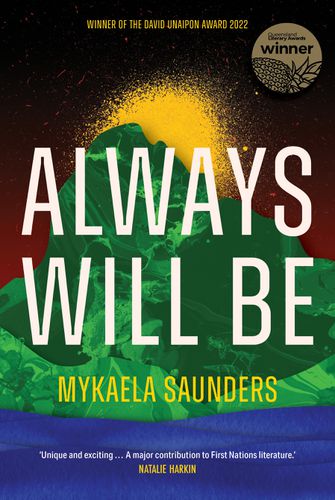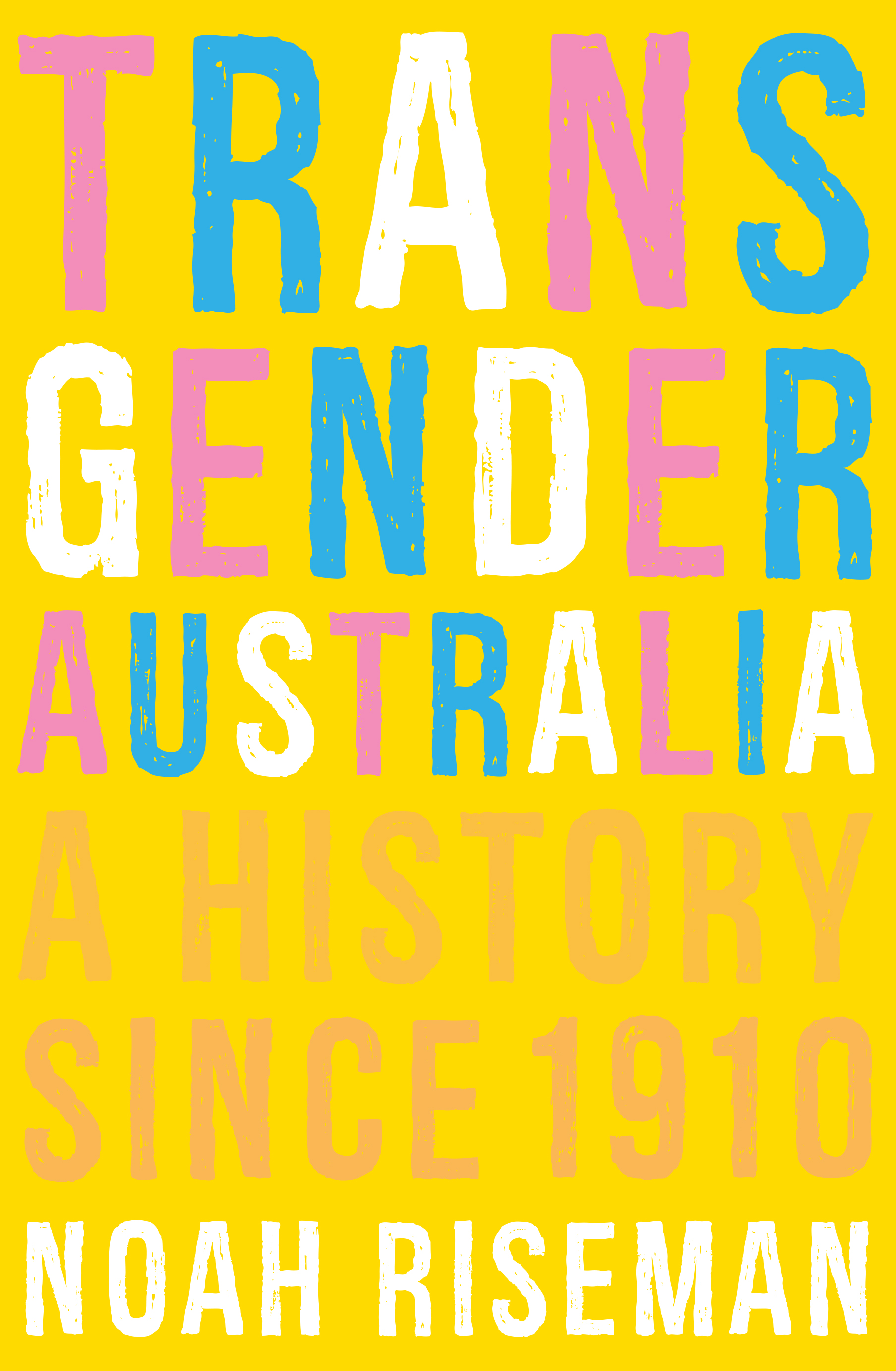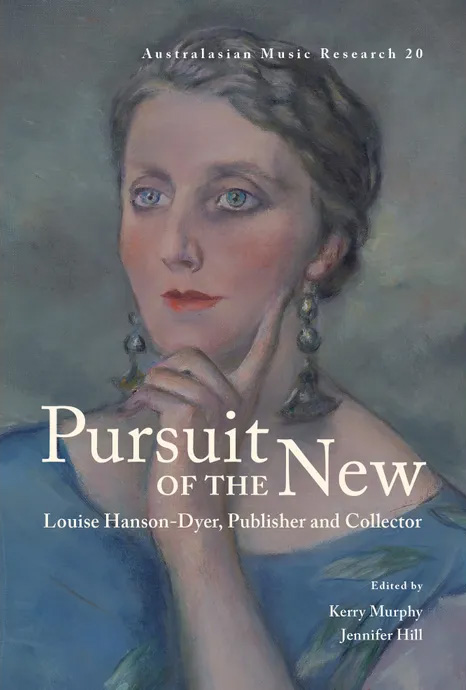Till ‘real voices’ wake us, and we drown

We can learn much about a culture by listening to how it talks about its art. The way non-white writers, for want of a better phrase, tend to be reviewed in Australia tells us a lot about how we determine cultural value. Some reviewers place a premium on the author’s biography – her identity – rather than on her work itself. The reviewer avoids critical engagement with the text in favour of a kind of reverential praise of its political messaging. This messaging isn’t necessarily determined by the content of the work, but rather by a mistaken conflation of the work with the author’s cultural identity. It’s a kind of habit, a reflexive way of reading literature, especially literature by non-white authors, as if the mere act of writing a book were fundamentally and inevitably political – or, as they say, an ‘act of resistance’.
I too have nodded along to the old dictum ‘all art is political’. Its satisfying consonance lends it the heft of any halfway-decent party line. And yet I have always suspected that its meaning is opaque. I’m not suggesting that art can’t be political, nor am I underestimating its power. But, to me, political impact has never been a useful measure of art’s worth or success. As a reader, I measure a novel or a poem by its capacity to move me. This is the first imperative: all else follows. I’m thinking of the first novels I read that made me feel this way, and how, as a child, I celebrated the idea that these marks on a page had the power to change how I thought and felt. I recognised elements of my own consciousness in that of another’s – in Scout’s open-heartedness as much as in Mayella Ewell’s cowardice – and saw how, within the privacy of a book, this wasn’t a shameful thing to experience. The point of fiction and poetry to me is empathy. I feel it most strongly when I’m writing an essay of this kind. No matter how much I’d like to believe I’m embarking upon some exercise of personal discovery, I know that the truth isn’t nearly as noble. I don’t want people to see things the way I do – I want to convince them. Contemporary fiction and poetry, on the other hand, encourage you to think, and feel, more deeply. You don’t fail it – nor it you – if you leave a book with your perspective unchanged, unable to identify with its premise, its language, its characters. This is not a diagnosis but an instinct, and I don’t expect each reader to feel the same way. And here is another gift that literature brings us – myriad avenues of escape and response. You don’t need to subscribe to a writer’s ideology, nor share any element of her biography, to feel a personal connection to her work. The possibilities for ‘identifying’ with someone are more than skin-deep. How reductive life and art would be if we were stirred only by those who thought and looked like us.
Continue reading for only $10 per month. Subscribe and gain full access to Australian Book Review. Already a subscriber? Sign in. If you need assistance, feel free to contact us.









Comments (4)
Leave a comment
If you are an ABR subscriber, you will need to sign in to post a comment.
If you have forgotten your sign in details, or if you receive an error message when trying to submit your comment, please email your comment (and the name of the article to which it relates) to ABR Comments. We will review your comment and, subject to approval, we will post it under your name.
Please note that all comments must be approved by ABR and comply with our Terms & Conditions.